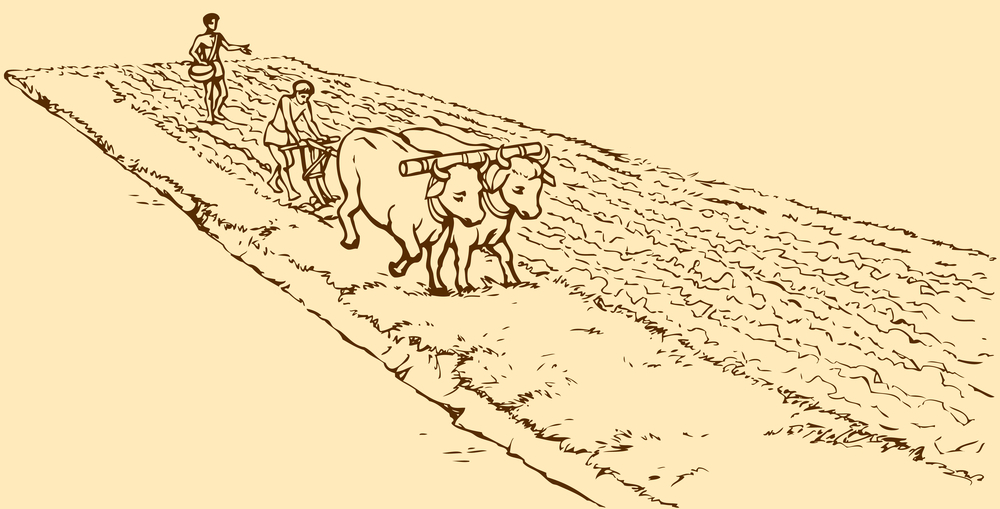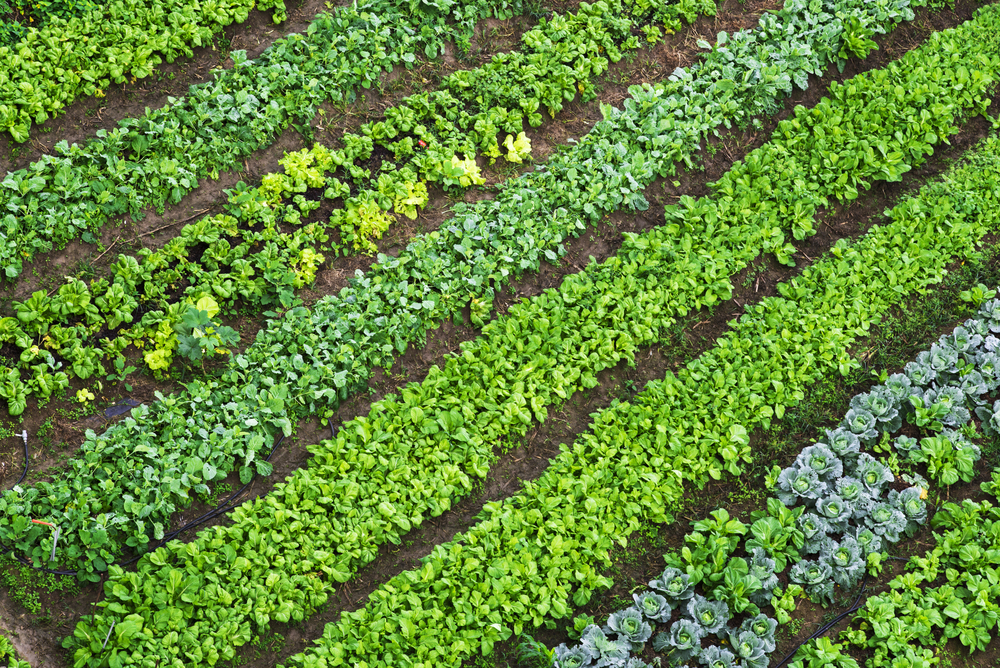
Egypt, with its rich history and fertile lands nurtured by the Nile, has been a cradle of civilization for millennia. One of the lesser-explored aspects of Egyptian culture is its relationship with herb cultivation. From the times of the Pharaohs to the modern era, the cultivation and usage of herbs have played a significant role in Egyptian life, spanning medicinal, culinary, and even religious practices. This essay aims to trace the evolution of herb cultivation in Egypt through the ages, highlighting its importance and enduring legacy.
Ancient Egypt: The Era of the Pharaohs
In ancient Egypt, herbs held a sacred significance and were deeply intertwined with religious beliefs and rituals. The ancient Egyptians were skilled cultivators who utilized herbs for medicinal purposes, culinary delights, and even in the process of mummification. Herbs like mint, thyme, coriander, and garlic were cultivated extensively, with records indicating their use in medicine as early as 3000 BCE.
Moreover, herbs were an integral part of religious ceremonies and offerings to the gods. For example, priests burned incense made from herbs like myrrh and frankincense as offerings, believing the smoke carried prayers to the heavens. The Egyptians also used herbs in the embalming process, employing aromatic plants like cedar and juniper to preserve the bodies of the deceased.
Herb cultivation in ancient Egypt was not just about sustenance or practicality but was deeply rooted in spiritual and cultural practices, shaping the identity of the civilization.
The Greco-Roman Period: Influence and Adaptation
With the conquests of Alexander the Great and the subsequent rule of the Ptolemies, Egypt experienced an influx of Greek and Roman influence. This period witnessed an exchange of knowledge and practices, including those related to herb cultivation.
Greek and Roman scholars documented Egyptian herbs and their uses, incorporating them into their own medical texts. The renowned Greek physician Hippocrates recognized the therapeutic properties of Egyptian herbs, and the famous physician Galen later expanded upon this knowledge.
Additionally, the Greco-Roman period saw the introduction of new herbs to Egypt, such as basil and dill, which became integrated into Egyptian cuisine and medicine. This period marked a synthesis of Egyptian, Greek, and Roman herbal traditions, enriching the tapestry of Egyptian herb cultivation.
Islamic Era: Preservation and Innovation
With the advent of Islam in Egypt came new influences and advancements in herb cultivation. Islamic scholars preserved and translated ancient texts, including those related to herbs and medicine, thus ensuring the continuity of Egypt’s herbal traditions.
Islamic gardens, characterized by geometric designs and water features, became hubs of herb cultivation. These gardens, known as “paradise gardens,” not only served practical purposes but also provided serene spaces for contemplation and relaxation, reflecting the Islamic emphasis on the beauty of nature.
Moreover, Islamic civilization brought innovations in irrigation techniques, enhancing the productivity of herb cultivation in Egypt. The use of qanats (underground aqueducts) and the construction of elaborate water channels facilitated the growth of herbs in arid regions, further diversifying the range of cultivated plants.
Modern Era: Challenges and Revival
In the modern era, Egypt faces challenges such as rapid urbanization, pollution, and climate change, which have impacted traditional herb cultivation practices. However, there is also a growing movement towards the revival of traditional methods and the conservation of native herbs.

Efforts are underway to preserve Egypt’s rich herbal heritage through initiatives like botanical gardens, research institutions, and educational programs. Farmers are increasingly turning to organic farming practices, prioritizing sustainability and biodiversity in herb cultivation.
Furthermore, there is a renewed interest in the medicinal properties of Egyptian herbs, with scientific research validating their efficacy in treating various ailments. This resurgence of interest in traditional herbal medicine not only preserves Egypt’s cultural heritage but also offers potential solutions to modern healthcare challenges.
Conclusion:
From the sacred rituals of the Pharaohs to the bustling markets of modern Cairo, the cultivation of herbs has been a constant thread woven through the tapestry of Egyptian civilization. Through the ages, herbs have served as more than mere commodities; they have been symbols of healing, sustenance, and spiritual connection.
As Egypt moves forward into the future, it must continue to honor and preserve its rich herbal heritage, drawing upon ancient wisdom while embracing modern innovations. By doing so, Egypt can ensure that the legacy of herb cultivation endures for generations to come, continuing to enrich the lives of its people and inspire admiration around the world.
